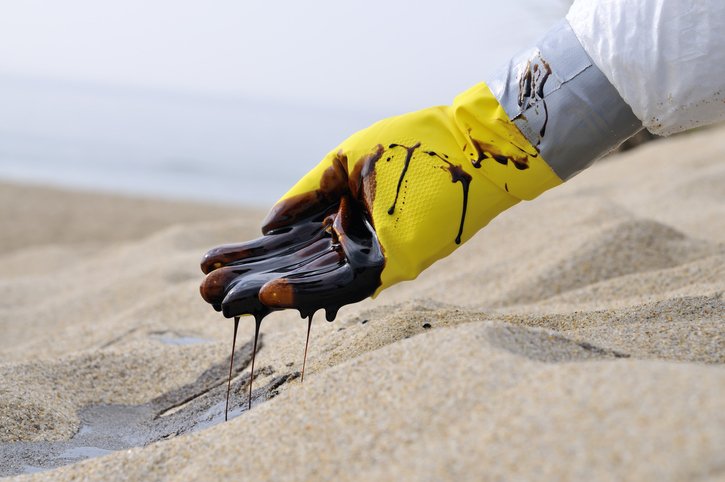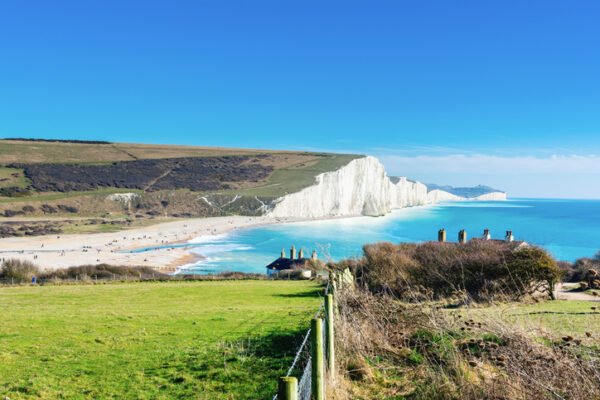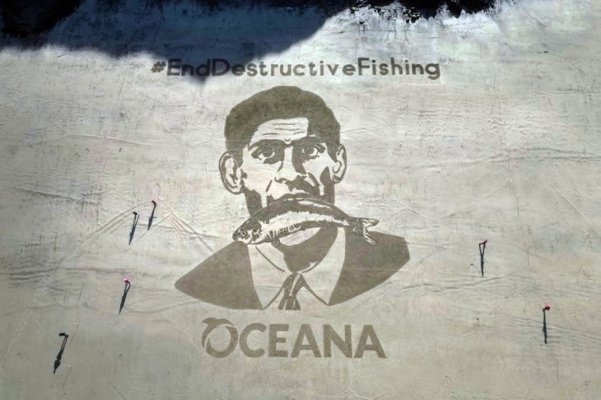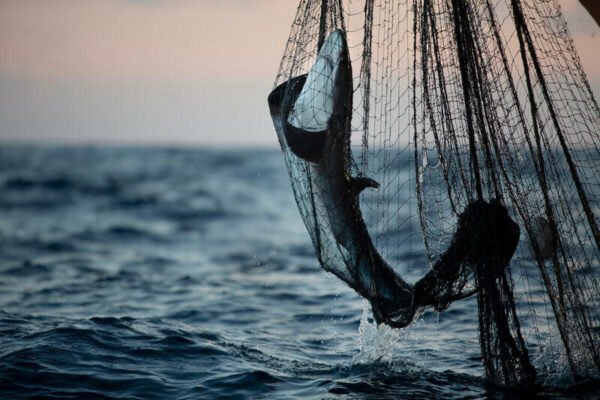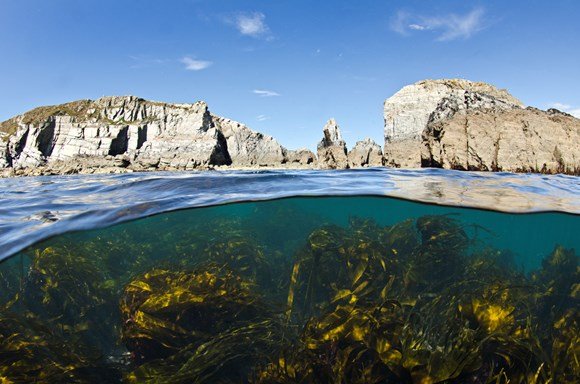Over 22,000 tonnes of oil have been released into UK waters by the oil and gas industry in the last five years, according to new FOI data obtained by Oceana and Uplift.
The revelation coincides with the launch of In Deep Water, the first-ever comprehensive review of how the oil and gas industry is damaging UK seas.
Oil discharge permits
Over half (58%) of the 22,000 tonnes of oil released was done so legally through government-issued permits.
Oil discharge permits allow produced water (oil-laced water), created as a by-product of drilling, to be released into the ocean through small, everyday oil slicks, also known as ‘chronic oiling’.
Despite the UK offshore regulator, OPRED, handing out more than 1,900 permits every year for the past five years, oil (9,000 tonnes of it) was also deliberately released in breach of these permits and other regulations.
Analysis of the data reveals one or more breaches across 1,056 days in the 2,093 days between 2017 and 2022 – one every other day.
Harming marine life
UK waters are well known for their abundance of large whales, dolphins and seabirds, some of our most endangered species.
The In Deep Water report and FOI data reveal that these species are subject to a constant flow of small oil spills, which has the potential to kill sea life and to significantly impact the life chances and reproductive success of others.
As well as routine oil spills, the report shows how oil and gas production harms marine life through toxic chemicals, microplastics and extreme noise pollution through seismic blasting.
‘For more than 50 years, the government has allowed big oil to routinely pollute our waters. From oil spills to toxic chemicals, we can now see as clear as day the devastating path of destruction caused to our marine environment. Our wild isles should not be held hostage by fossil fuel giants any longer.
‘The government says it’s a ‘global leader’ in marine protection. Yet, allowing this oil to consistently contaminate our seas, including so-called Marine Protected Areas, says otherwise. Frankly, it makes a mockery of their position as leader of the Global Ocean Alliance and their commitment to 30×30.’
HUGO TAGHOLM
Executive director and vice president of Oceana in the UK
Oil and gas companies
The FOI data show that UK waters are routinely polluted by various international oil and gas companies.
The worst offenders are state-owned Dana (Korea) and Repsol Sinopec (China) who released 6,000 and 2,400 tonnes of oil into UK waters and breached their permits and regulations 271 and 216 times respectively.
UK-headquartered Shell was the fourth-worst polluter over the five-year period, releasing over 3,200 tonnes of oil and reporting 169 breaches.
BP also released over 1,000 tonnes and reported 133 breaches.
Ithaca Energy, which has a stake in two controversial proposed oil fields, Cambo and Rosebank, released more than 900 tonnes over the five-year period and breached its permits and regulations 48 times.
Modelling featured in the In Deep Water report shows that a major oil spill from Rosebank could risk serious impact to at least 16 UK Marine Protected Areas (MPAs).
 Play Video about This Rock Might Just Save The World
Play Video about This Rock Might Just Save The World Play Video about Play 2 hours of rock
Play Video about Play 2 hours of rock Play Video about Play 2 hours of brook
Play Video about Play 2 hours of brook Play Video about Play 2 hours of sheep
Play Video about Play 2 hours of sheep

















